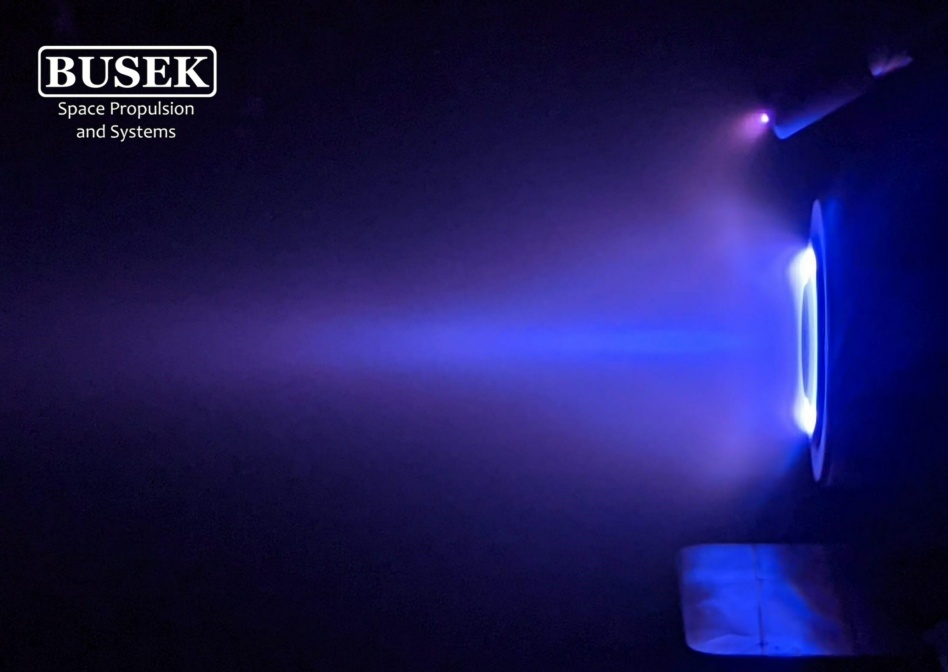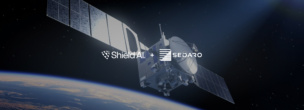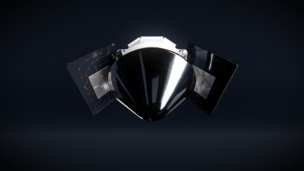Busek has its sights set on ramping up production. The propulsion company announced yesterday that it has fully commissioned its thrusters on 80 OneWeb satellites that launched in December and January.
“The space community often talks about rapid response and the need for speed, and this is a great example of preparedness, and fast, high-quality execution,” Busek President Vlad Hruby said in a press release.
Stranded sats: Up until Russia’s invasion of Ukraine, OneWeb sourced its thrusters from two companies: Massachusetts-based Busek and Russ’as Fakel. Sweeping sanctions on Russia meant that OneWeb needed to source exclusively from Busek.
The prop company responded by ramping up its production. “We have been going gangbusters since our phone started ringing in late February,” Peter Hruby, Busek VP, told SpaceNews.
Up and running: OneWeb has been commissioning two batches of satellites that went up on Falcon 9s over the last two months. The batches were the first to come equipped with Busek’s BHT-350 solar electric propulsion (EP) systems.
- The EP systems perform station-keeping and collision avoidance maneuvers.
- The thrusters will also de-orbit the satellites at the end of their missions.
- BHT-350 thrusters can use xenon, krypton, and iodine propellants, and the company is working on a solid fuel option.
Gotta go fast: Since taking on OneWeb’s bigger order book, Busek has ramped production to 20 thrusters a month. The company says that it’s developed the capacity to double that rate, and it’s working on further expansion to triple production “to meet certain near-term programs.”




